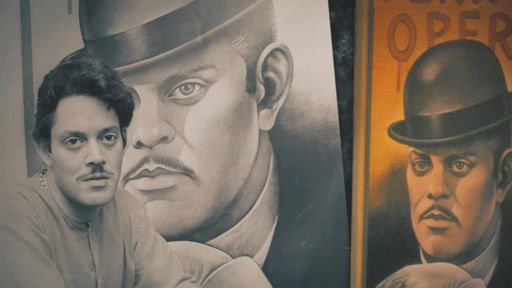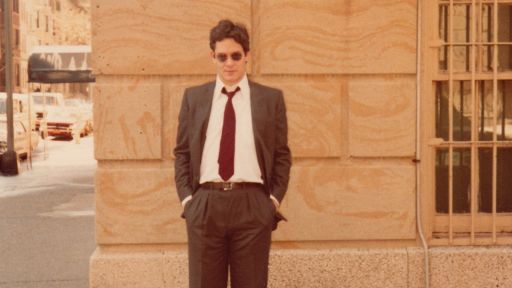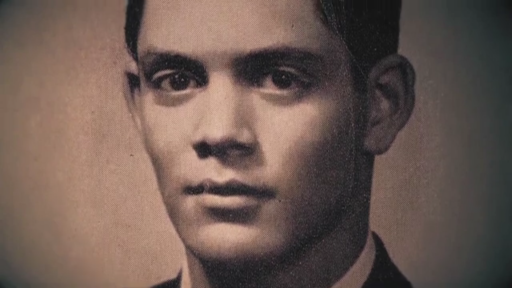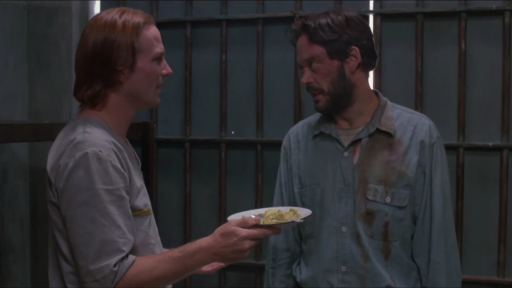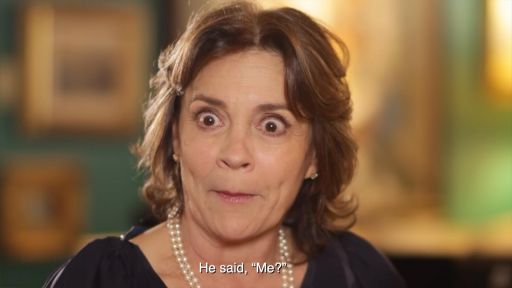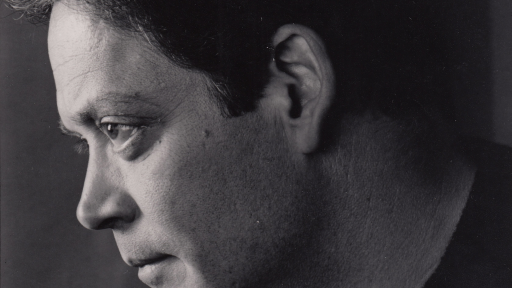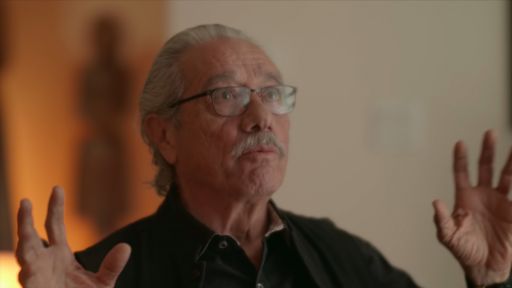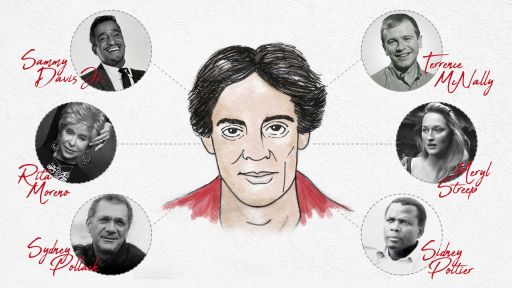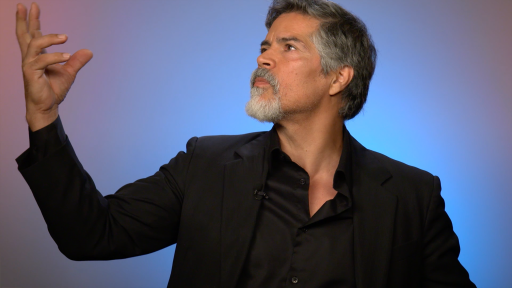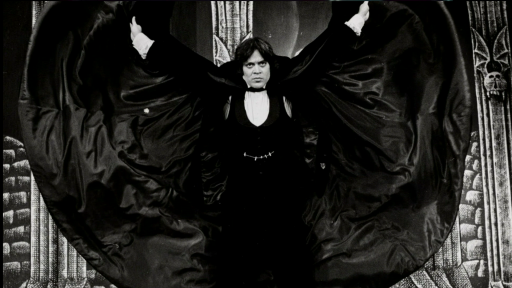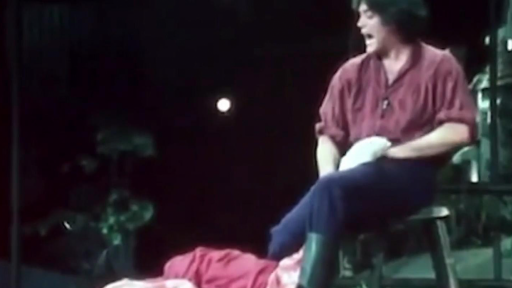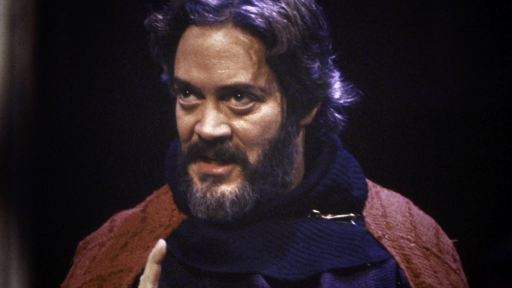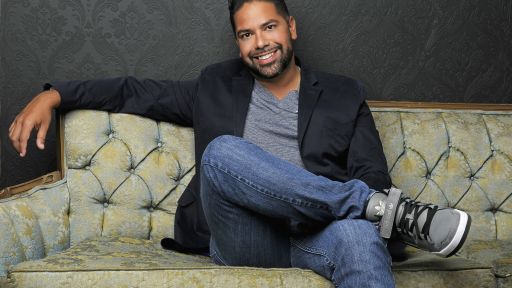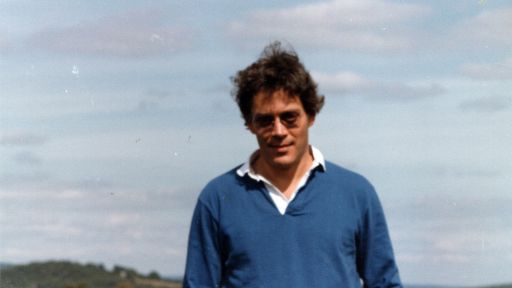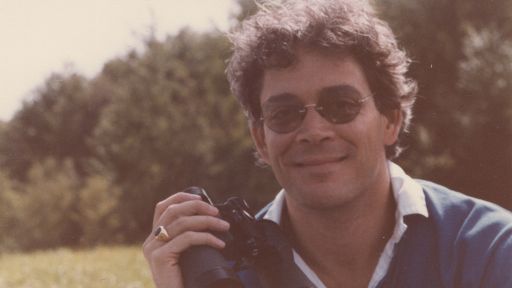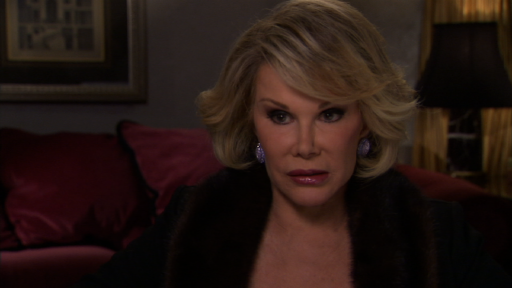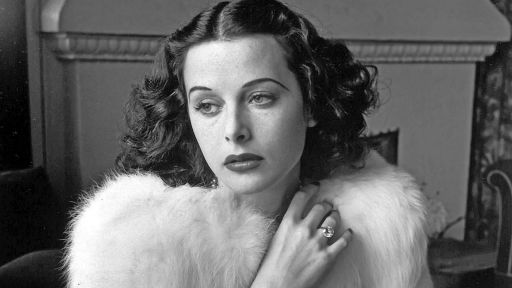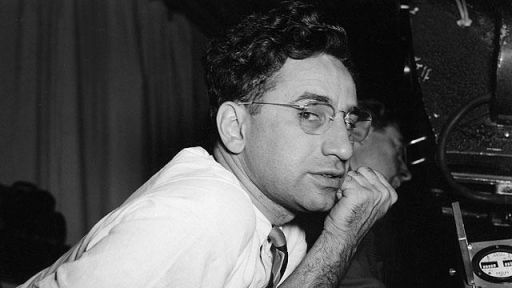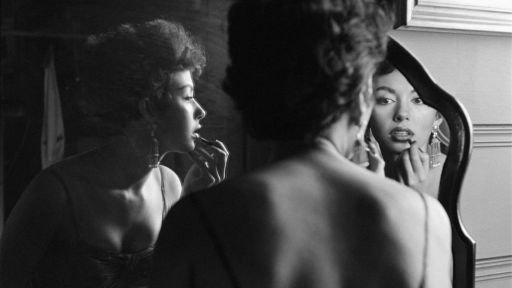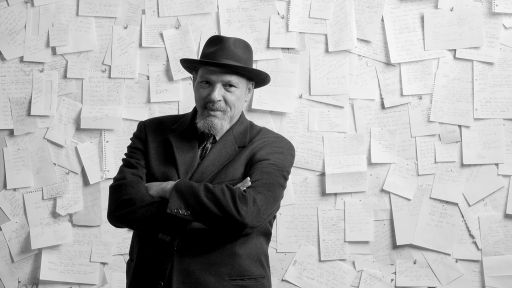TRANSCRIPT
- When Raul came to my studio, charm came to my studio.
He quickly absorbed what I was teaching 'cause he was very talented.
Had a natural appetite for the work.
But Latino actors were not finding much work in those days, you have to remember that.
- Whatever the reasons, there were no jobs.
You were either with a gang member, or you were a waiter, or only parts where you were playing someone who did menial work.
(birds chirping) (inspirational music) - At that time there was a lot of discrimination about Puerto Ricans.
They were minority.
They were also in a ghetto which was El Barrio.
- We were not considered part of the American citizenship.
They thought of us as the other.
- He was always very, very clear and vocal about the fact of the very few opportunities that we were getting.
We weren't getting as many opportunities as we should have.
- We never saved the day.
We weren't intelligent.
'Oh, you're gonna be an actor, great.
'What are you going to do?
'Who are you going to rape and rob and mug?'
I mean, either that or be the victim.
- Once you start speaking about who are the storytellers, you always find out that the European-based cultures tend to be able to tell their stories much easier than non-European-based cultures.
- And a lot of actors probably that were of Hispanic heritage that ended up changing their name out of absolute necessity to get work.
So they wouldn't get typecast.
- He was fiercely, fiercely Puerto Rican.
Proud of being (speaking foreign language). - Raul set an example of not having to do that.

